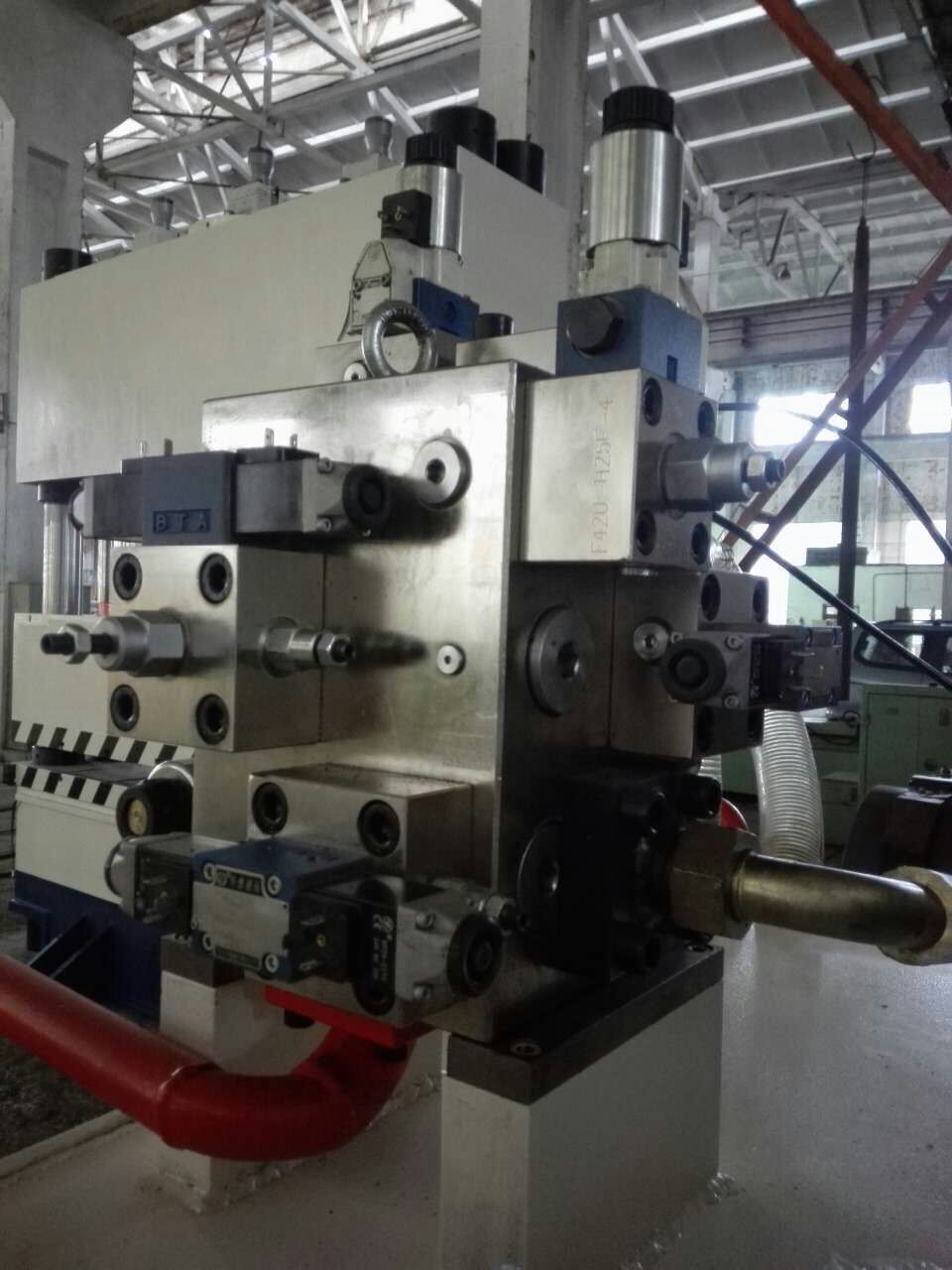







Hydraulic valve is an indispensable hydraulic component in almost all hydraulic systems. The hydraulic valve plays the role of the speed and direction of the actuator in the hydraulic system, and the failure of the hydraulic valve will have a great impact on the entire hydraulic system due to the control of the pressure, and even directly lead to the failure of the hydraulic system to operate or the occurrence of mechanical damage accidents.
Based on the relatively concentrated phenomenon of hydraulic valve failure, the causes of hydraulic valve failure are briefly summarized, hoping to provide you with some reference.

機(jī)械性失效
Mechanical failure
1. Damage: During the use of hydraulic valve core and valve sleeve, mechanical parts such as valve body continue to produce friction, resulting in changes in the size, shape and surface quality of parts and failure.
2. Fatigue: When working under long-term variable load, the spring in the hydraulic valve will become soft due to fatigue, and the length of the single reed will be shortened or the whole will be broken; The spool and seat can also crack, fall off, or be otherwise damaged due to fatigue. All of these can make the valve ineffective.
3. Deformation: When the residual stress and external load stress of the hydraulic valve parts during the processing process exceed the yield strength of the parts material, the parts are deformed and cannot complete the normal function and failure.
4. Corrosion: The hydraulic oil contains too much water or acidic substances, and after long-term use, it will corrode the relevant parts in the hydraulic valve, making it lose its due accuracy and fail.
Hydraulic clamping
When the pressure oil flows through the cylindrical sliding valve structure of the hydraulic valve, the axial unbalanced force acting on the spool causes the spool to jam, which is called "hydraulic clamping".
Hydraulic shock
Due to the rapid change or closure of the oil passage by the hydraulic system, the oil flowing in the system suddenly changes or stops flowing, resulting in a sharp rise in pressure, resulting in a large pressure peak, i.e., a hydraulic shock.
Cavitation phenomenon
In hydraulic systems, bubbles created due to a decrease in pressure due to a change in liquid flow are called cavitation. Cavitation and cavitation deteriorate the performance of the hydraulic system and reduce reliability. Appropriate precautions
1. The reflective failure of the hydraulic valve has a lot to do with the design of the valve and the processing of parts, so the measures we can prevent in maintenance are relatively limited.
2. Improve the cleanliness of hydraulic oil, which is conducive to reducing the spool stuck caused by impurities. When installing the slide valve, try to tighten the valve body thread according to the design requirements to avoid the spool stagnation caused by force deformation. Pay attention to the oil temperature of the hydraulic oil, and try to avoid deformation caused by excessive temperature changes, because the gap between the valve core and the valve body is very small, and a slight deformation may lead to poor operation and stagnation.
3. Try to slow down the conversion speed of the reversing valve without affecting the rhythm. You can also slow down the conversion speed by adding appropriate damping (throttle port) to increase the conversion time and reduce the shock. You can also absorb shocks and reduce the impact of shocks by adding energy storage. Replacing hard hoses with hoses can also act as a cushion to some extent.
4. Reducing the air content in the hydraulic oil can greatly reduce the generation of cavitation, so it is necessary to pay attention to the interface sealing in the sealing pipeline of the pump to ensure that there is no leakage, reduce the chance of gas and oil mixing, ensure that the oil suction pipeline is unblocked, ensure that the oil suction pressure is greater than the air separation pressure, and avoid the mixing of volatile substances with water.
To sum up, in addition to the processing and manufacturing factors, the reflective failure of the hydraulic valve is mainly related to the supervision and maintenance of the hydraulic machinery, so don't wait until the hydraulic system can't work properly. More prediction and pre-treatment are often required to nip mechanical failures caused by hydraulic valve failures in the bud.